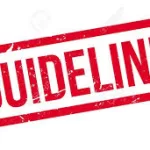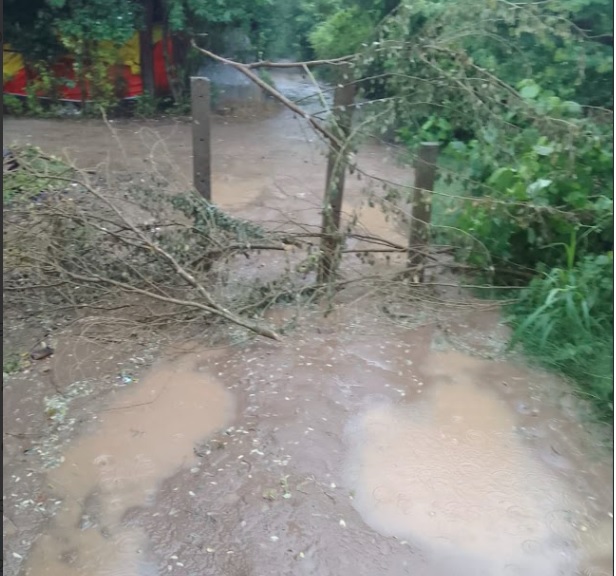What is a Protest Petition?
When an aggrieved person or complainant is not satisfied with the police report which filed before the concerned court, such person may move the petition against the negative police report which is called the Protest Petition. In simple words, Protest Petition is a representation made by the victim to the court during or after the completion of investigation by the police. Such petition is treated as Complaint under Section 190 of Criminal Procedure Code before the concerned court.
How to File a Protest Petition?
First, a police report by the officer-in-charge needs to be sent to the Magistrate so that Magistrate can take charge of the case. If the Magistrate decides to reopen the investigation, then under section 200 of the Code of Criminal Procedure, 1973, the Magistrate can examine the victim or witness, where one has the opportunity to narrate their case. To meet the goals of justice victim can go with this remedy where previous investigation had wrongly acquitted the accused. Once the Magistrate establishes that this was not a false complaint and the victim is rightly unsatisfied, he/she can conduct the inquiry by himself/herself, or order an investigation by an officer-in-charge, to whom the complaint is forwarded.
However the essential ingredients of the Complaint must be satisfy in the Protest Petition before Magistrate takes cognizance under section 190(1) (a) of the Code of Criminal Procedure, 1973. There are three options available to the Magistrate, when the final report is submitted by the police and the Protest Petition is filed.
- Firstly, Magistrate may accept the final report and may also reject the Protest Petition.
- Secondly, he may accept the final report but treat the Protest Petition as a Complaint and proceed in accordance with Section 200 and 202 of the Code.
- Lastly, he may accept the Protest Petition and reject the final report and take cognizance under Section 190 (1) (b) of the code.
The correct legal position is that Magistrate is not bound to accept the final report submitted by the police officials. The Magistrate can disagree with that report and take the cognizance even on the basis of police papers, if any submitted along with the police report. Hence, where the Protest Petition is filed, the procedure prescribed for trial of the complaint case has to be followed and Protest Petition has required to be dealt accordingly as per law.
As per the latest verdict on protest petition by Supreme Court all protest petitions are not complaints. In Vishnu Kumar Tiwari v. State of Uttar Pradesh ( Criminal Appeal No. 1015 of 2019), the Supreme Court observed that, "In the facts of this case, having regard to the nature of the allegations contained in the protest petition and the annexures which essentially consisted of affidavits, if the Magistrate was convinced on the basis of the consideration of the final report, the statements under Section 161 of the Code that no prima facie case is made out, certainly the Magistrate could not be compelled to take cognizance by treating the protest petition as a complaint. The fact that he may have jurisdiction in a case to treat the protest petition as a complaint is a different matter. Undoubtedly, if he treats the protest petition as a complaint, he would have to follow the procedure prescribed under Section 200 and 202 of the Code if the latter Section also commends itself to the Magistrate. In other words, necessarily, the complainant and his witnesses would have to be examined. No doubt, depending upon the material which is made available to a Magistrate by the complainant in protest petition, it may be capable of being relied on in a particular case having regard to its inherent nature and impact on the conclusions in the final report. That is, if the material is such that it persuades the court to disagree with the conclusions arrived at by the Investigating Officer; cognizance could be taken under Section 190 (1) (b) of the Code for which there is no necessity to examine the witnesses under Section 200 of the Code. But as the Magistrate could not be compelled to treat the protest petition as a compliant, the remedy for the complainant would be to file a fresh complaint and invite the Magistrate to follow the procedure under Section 200 of the Code or Section 200 read with Section 202 of the Code."
In case of Rajesh v. State of Haryana (Criminal Appeal No. 813 of 2019), the Supreme Court held that, "If police names only some accused in the charge sheet instead of all accused named in FIR, the Magistrate has to give an opportunity to the informant to file protest petition."
Issue with the Protest Petition:
The significance of the Protest Petition for a victim's right is elusive since, apart from its non-existence in statutory literature, it also suffers from lack of certainty due to the limited number of case laws available to discern it from its ambiguities. Since the Protest Petition can be sent directly to the Magistrate without any police intervention, it expands a victim's remedies in law, since the Magistrate need not even look at the shoddy police report to decide whether to go forward with the complaint or not.










